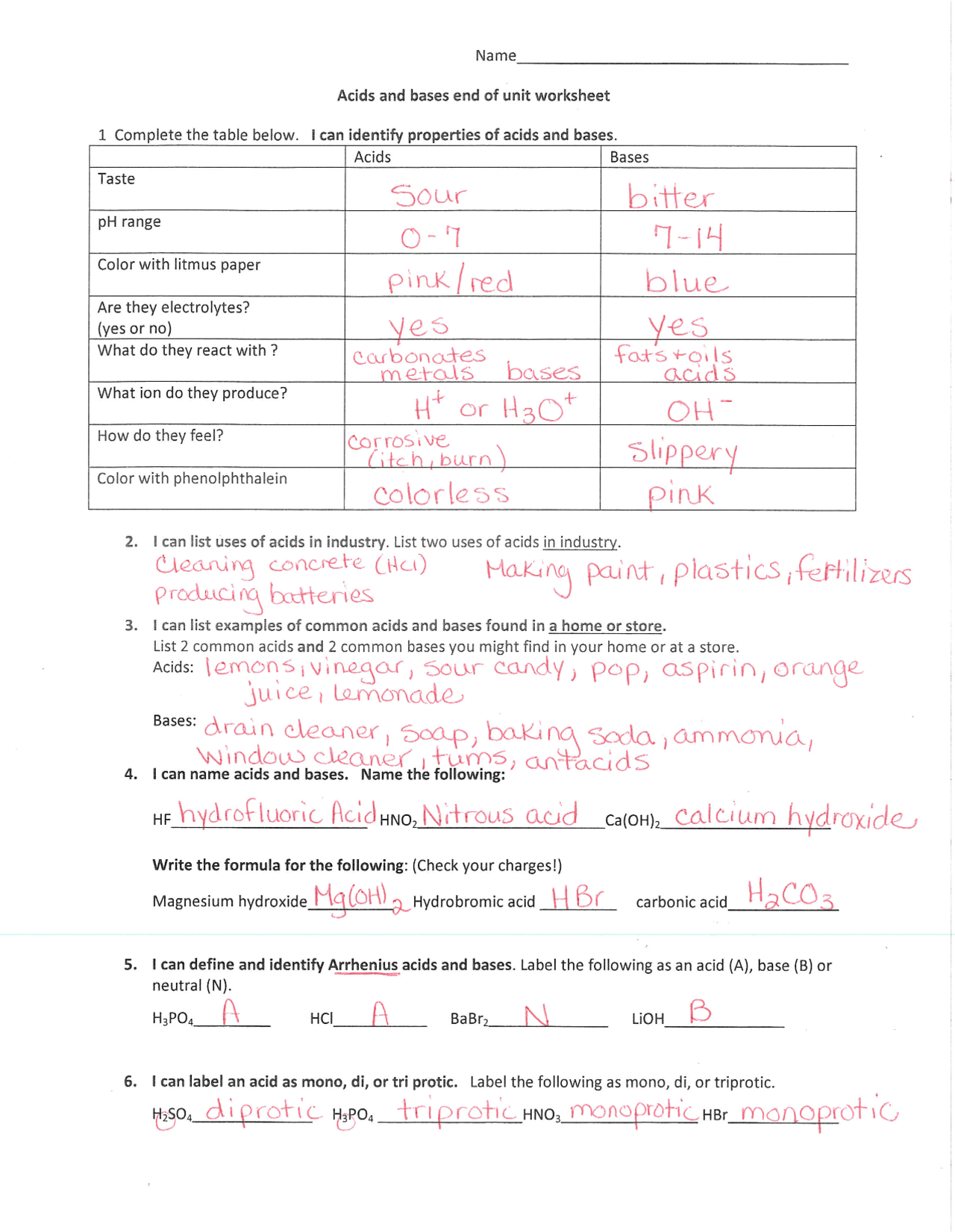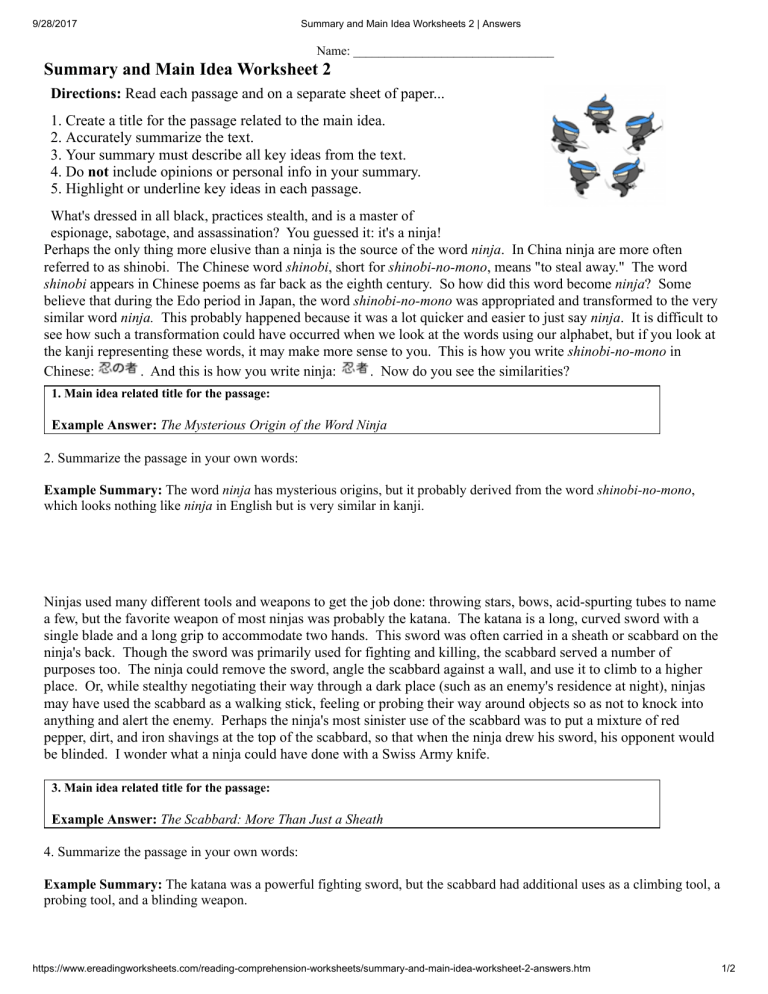One word answers, also known as monosyllabic responses, are brief, concise replies that consist of only a single word. While they may seem curt or unhelpful at first glance, there are actually a number of situations in which one word answers can be appropriate and effective.
One of the main benefits of using one word answers is that they can be very efficient. In a fast-paced, high-stress environment, such as a business meeting or a crisis situation, time is often of the essence. In these cases, a one word answer can convey all the necessary information quickly and clearly, without the need for lengthy explanations or elaborate responses. This can help to keep the conversation moving forward and ensure that everyone stays focused on the task at hand.
Another reason to use one word answers is to show that you are confident and in control of the situation. By providing a short, decisive response, you demonstrate that you know what you're talking about and that you are not intimidated by the question or the person asking it. This can be especially useful in situations where you are the expert or the authority figure, and you want to convey a sense of competence and authority.
One word answers can also be useful in situations where you want to keep your thoughts or feelings private. By giving a simple, non-committal response, you can deflect further questioning or avoid revealing too much about yourself. This can be especially helpful in personal or sensitive situations, where you may not want to share your full thoughts or feelings with others.
Of course, one word answers are not always appropriate or effective. In some cases, they may come across as rude or uninterested, especially if they are used in the wrong context or tone. It's important to consider the situation and the person you are interacting with, and to use one word answers appropriately and sparingly.
Overall, one word answers can be a useful tool in certain situations, providing a quick, efficient, and confident way to communicate. However, it's important to use them wisely and to be mindful of the impact they may have on the person you are speaking with.









